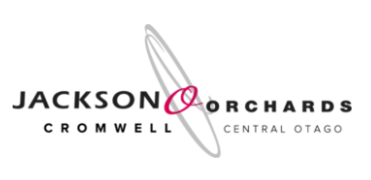Do you trust the people who advise you? (sponsored content)
Dewald de Beer l Financial Advice contributor
29 May 2023, 4:00 PM

When it comes to seeking advice, trust is a key factor that significantly shapes the choices you make.
Whether you're looking for guidance from friends, family, or professionals, the level of trust you have in these individuals profoundly influences the advice you consider and ultimately follow.
So what shapes the relationship between trust and advice?
1. Influencing who we listen to
Trust plays a vital role in choosing whose advice we take.
We often turn to those who possess relevant knowledge, expertise, and a history of providing reliable counsel.
But we want more than just experts. We usually towards individuals whom we believe have our best interests at heart – people who will provide recommendations aligned with our values and goals.
Trust serves as a filter, allowing us to discern whom we consider reliable sources of advice and whose opinions we value.
2. Opening our minds
In situations where we have established a high level of trust, we are more inclined to listen with an open mind and consider alternative perspectives.
Trust allows us to be receptive to advice that challenges our preconceived notions and biases, increasing the likelihood of us making well-informed decisions.
3. Enhancing Confidence
When we trust the advice-giver, it instils a sense of confidence in the recommendations we receive.
This confidence empowers us to take action and make decisions with greater assurance.
Professional advisers should make you feel confident. You need to feel assured in your decision-making process and certain that you have a partner to advocate on your behalf when needed.
4. Affecting Decision-Making
When advice comes from trusted sources, we tend to place greater weight on recommendations and integrate them into our decision-making process.
Conversely, advice from individuals we do not trust might be disregarded or viewed with scepticism.
5. Building and Maintaining Trustworthiness
Trust is not static; it requires continuous nurturing and maintenance. It is cultivated over time through consistent reliability, honesty, and integrity.
Any individual or firm giving professional advice should recognise the importance of being trustworthy.
For example, here at C&R we build trust by hiring qualified staff with expertise, who are also reliable, committed, and work in our clients’ best interests. Being involved in the community for over 40 years also helps locals trust us. We know how important trust is and work hard to provide accurate, valuable advice that instils confidence.
As advisors, it is crucial we prioritize honesty, transparency, and consistency to preserve the trust others place in us.
However, it is also important for you as a client to critically evaluate the reliability of your trusted sources over time, ensuring that the advice remains aligned with your needs and values.
So next time you go in search of advice, have a think about whether you truly trust the source before you act on their recommendations. It is likely worth talking to professional experts whose business is built on trust, as well as friends and family.





